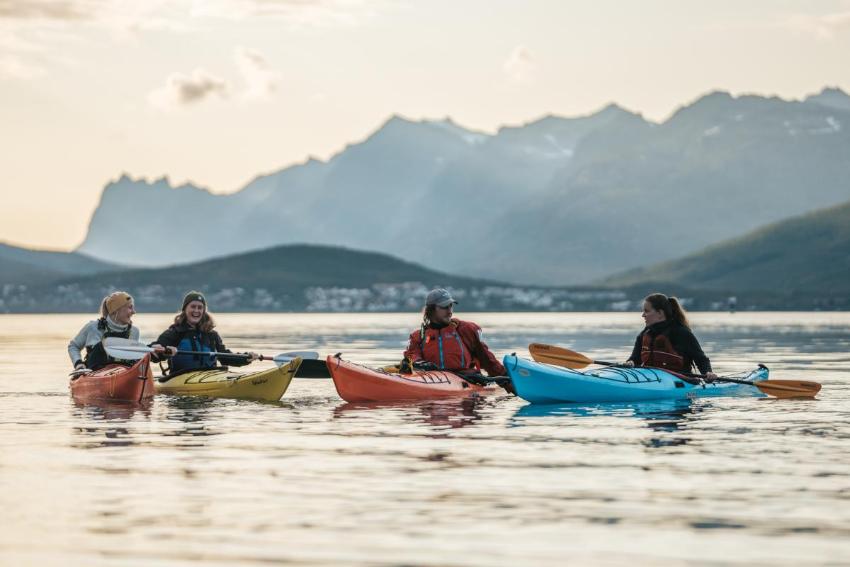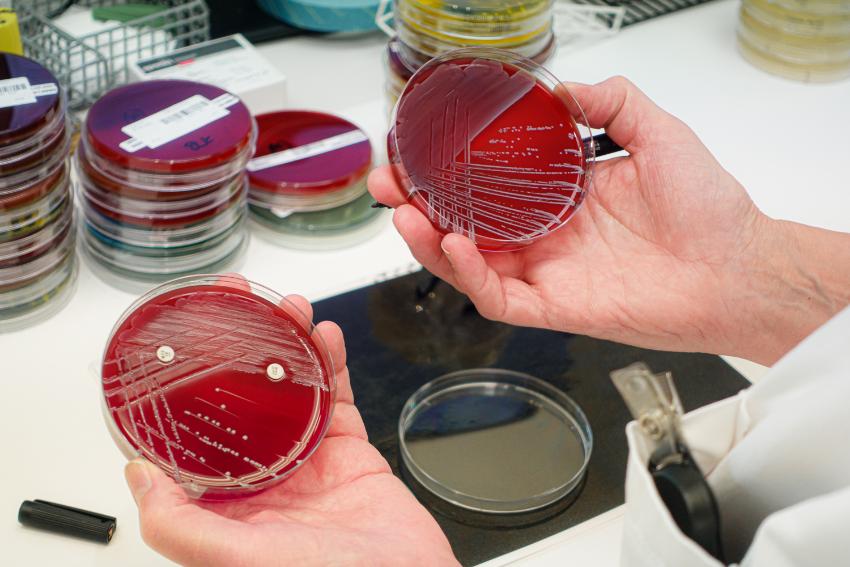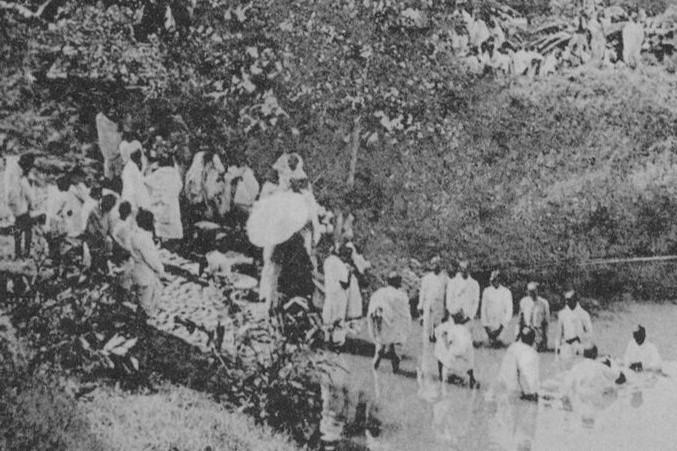From dinner in Paris to Indigenous Citizenship and Education

Torjer Olsen and Hilde Sollid were looking at education, while Else Grete Broderstad, Kjersti Fjørtoft, and Annamari Vitikainen were concerned with the idea of citizenship. In these aesthetic surroundings, in a restaurant in Montmartre, they came up with the idea of joining forces, and began the plan for this project. They received funding in 2017 from the Norwegian Research Council and the University of Tromsø, to investigate how the notion of citizenship, particularly for students from indigenous communities, plays out in the implementation of the education curriculum.
The education system of a state, by its very nature, holds a responsibility for shaping and integrating its children and youth into members of their society, for them to develop into good citizens. But what happens when they are not just a citizen of their country, but also of an indigenous community? In Norway, the education curriculum seeks to address this duality in the case of its Sámi population, where citizenship plays a key role in the building of Sámi society.
The project has three focus areas
The project itself is divided into three focus areas. Part One concerns the analysis of key concepts such as ‘citizenship’ and ‘indigenous people’ within the framework of education, justice and equal rights regarding legal norms and international conventions. Part Two investigates how citizenship education happens on the ground, looking at textbooks, curricula, and encounters with local communities, schools and other institutions regarding topics such as history, language, identity and rights, with comparative case studies from Australia and New Zealand/Aotearoa. Part Three provides reflections on how research in this field should be conducted, in accordance with ethical guidelines within indigenous research. The members of this project come from many disciplines, including Indigenous Studies, Political Science, Linguistics, Religion and Education, Language and Culture, Philosophy and Anthropology. The scholars are not only from the University of Tromsø, but also from Sweden, Australia, and New Zealand/Aotearoa, providing an international aspect to the project.
Three project members share their hopes and plans
Looking at what the project intends to achieve, and discussing its main goals, three members of the project share their hopes and plans.
Kjersti Fjørtoft is from the Department of Philosophy at UiT, and will be leading research on Part One of the project. She says, ‘I am interested in questions concerning how equal opportunities can be created for political and social participation. In liberal societies, every citizen has the formal right to political participation, but in the real world, a citizen’s actual opportunity to participate is not distributed equally. Based on studies of citizenship theory, theories of justice, and democracy and public policy, my aim is to respond to three questions: How do we conceptualize active citizenship for indigenous people? How do we educate for democratic citizenship, given the fact of dual citizenship? How do we actualize equal citizenship in culturally diverse societies and multinational states?’

Hilde Sollid, from the Education Department at UiT, is leading the second part of the project. She is ‘curious about how schools work with the processes of developing citizenship in contexts where indigeneity is, or potentially is, important for the society. More specifically, I am interested in the role of languages in citizenship processes. In this project I am fortunate to have the opportunity to do fieldwork in the area where I come from, and in addition I hope to learn more about the indigeneity in education in Sweden, Australia and New Zealand. I believe that learning about these other educational encounters will give important perspectives on the situation of the Sámi in Norwegian education.’
Torjer Olsen from the Centre for Sami Studies and professor of Indigenous Studies, will be leader on Part Three of the research. He states that ‘the school has been, and continues to be, an important arena for state policy on indigenous people and minorities. In this project, I hope to shed light on how this has happened in recent history, and what is happening now. One of the goals of the project is to provide new knowledge that can come into use both in teachers' practice and in the government of the educational system. In addition, I see the international collaboration as exciting. To bring knowledge and experiences from different parts of the world together is always a good thing. And finally, I am really happy that the project includes a doctoral student and a postdoctoral student. Recruitment to the field of indigenous issues in education is one of my main concerns.’
From its romantic beginnings in Paris, the established project in Norway has now grown to include international members from Sweden, Australia and New Zealand/Aotearoa, and will run until 2021. In May 2018, ICE will hold a three-day international conference in Tromsø. Please see the project's website for more details:


